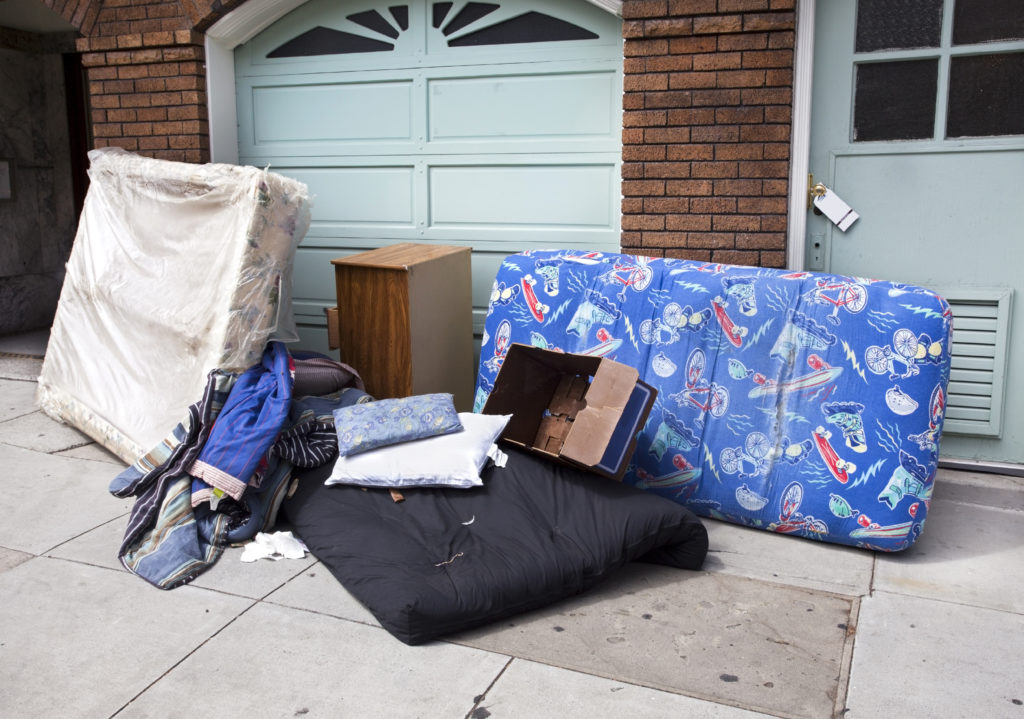The FWD #136
359 Words
Researchers have found a correlation between COVID-19 cases and evictions.
The CDC eviction moratorium remains set to expire at the end of this year. That means the much-referenced eviction cliff appears imminent. An extension isn’t yet on the table, and potential federal relief would still not be enough to cover the estimated $25 to $34 billion in nationally-owed rent for January 2021. But the need to keep people housed this winter is increasingly dire.
The lifting of eviction moratoriums was associated with 433,700 additional cases and 10,700 additional deaths.
Research led by Dr. Kathryn Leifheit of UCLA’s Fielding School of Public Health found a correlation between evictions and increased COVID-19 cases and deaths. Researchers looked at eviction filings and COVID-19 incidence and mortality from March 13 to September 3. Even when controlling for the rollback of stay-at-home orders, mask mandates, school closures, and other variables, the lifting of eviction moratoriums was associated with 433,700 additional cases of COVID-19 and 10,700 additional deaths.
Dr. Leifheit makes clear the importance of keeping people housed in order to prevent the spread of COVID-19: “When people are evicted, they often move in with friends and family, and that increases your number of contacts … If people have to enter a homeless shelter, these indoor places can be quite crowded.”
Things look a little better in Virginia.
Virginia was among four states that went three weeks or less without an eviction moratorium after their initial moratorium expired. This shortened period without an eviction moratorium was associated with significantly fewer cases and deaths than states that went longer without an eviction moratorium.
As we look toward the cliff, this study suggests that the eviction moratorium is crucial to public health during these winter months. In a report prepared for the National Council of State Housing Agencies, it’s estimated that up to 14 million renter households were at risk of eviction on September 14, 2020. By January 2021, the authors estimate that up to 8.4 million renter households could face eviction, nearly 200,000 of which reside here in Virginia.
Advocates have long called for us to see the intersection between health and housing, but the pandemic has further heightened the need to see housing as a prescription for health.
